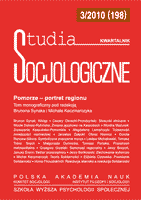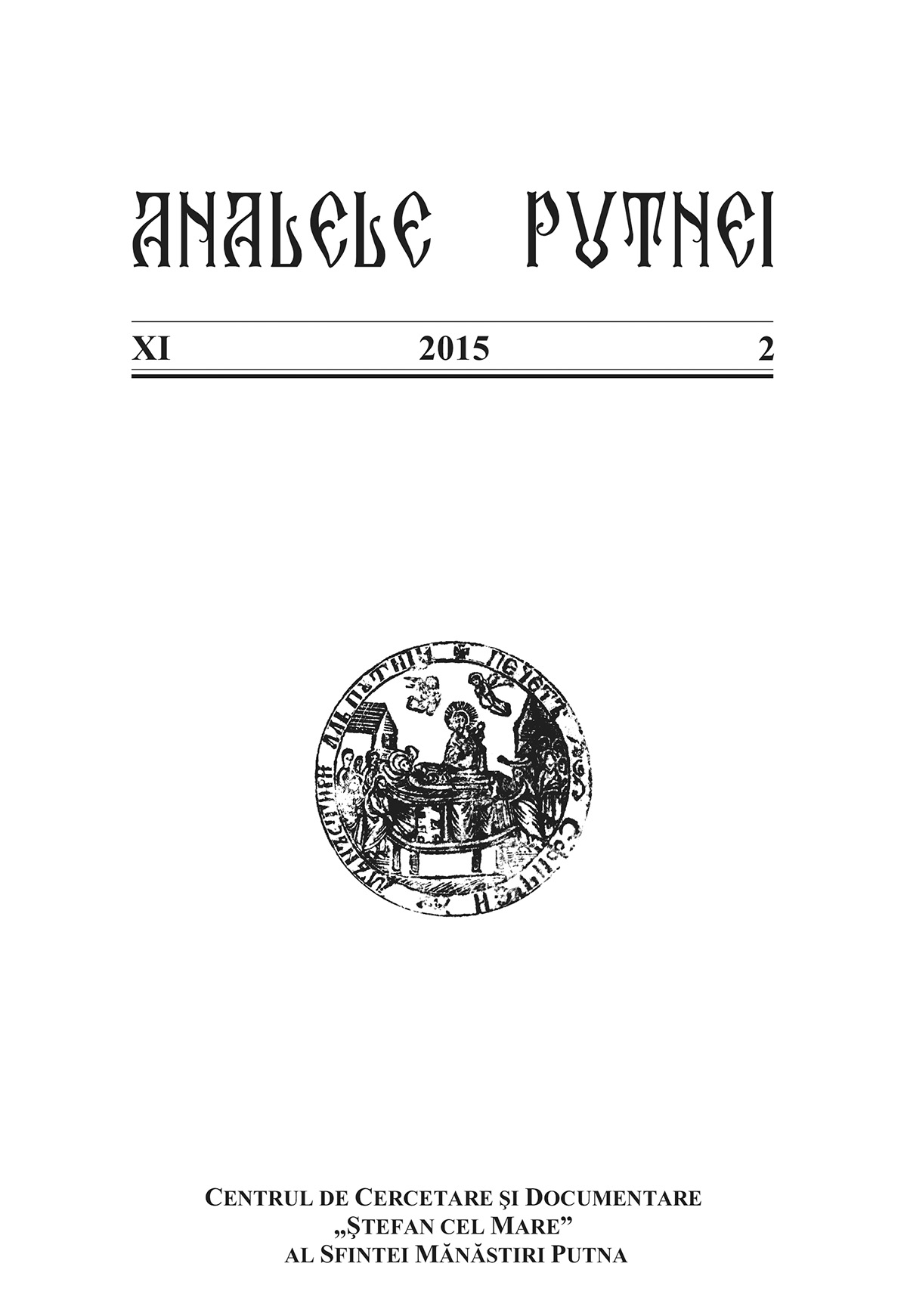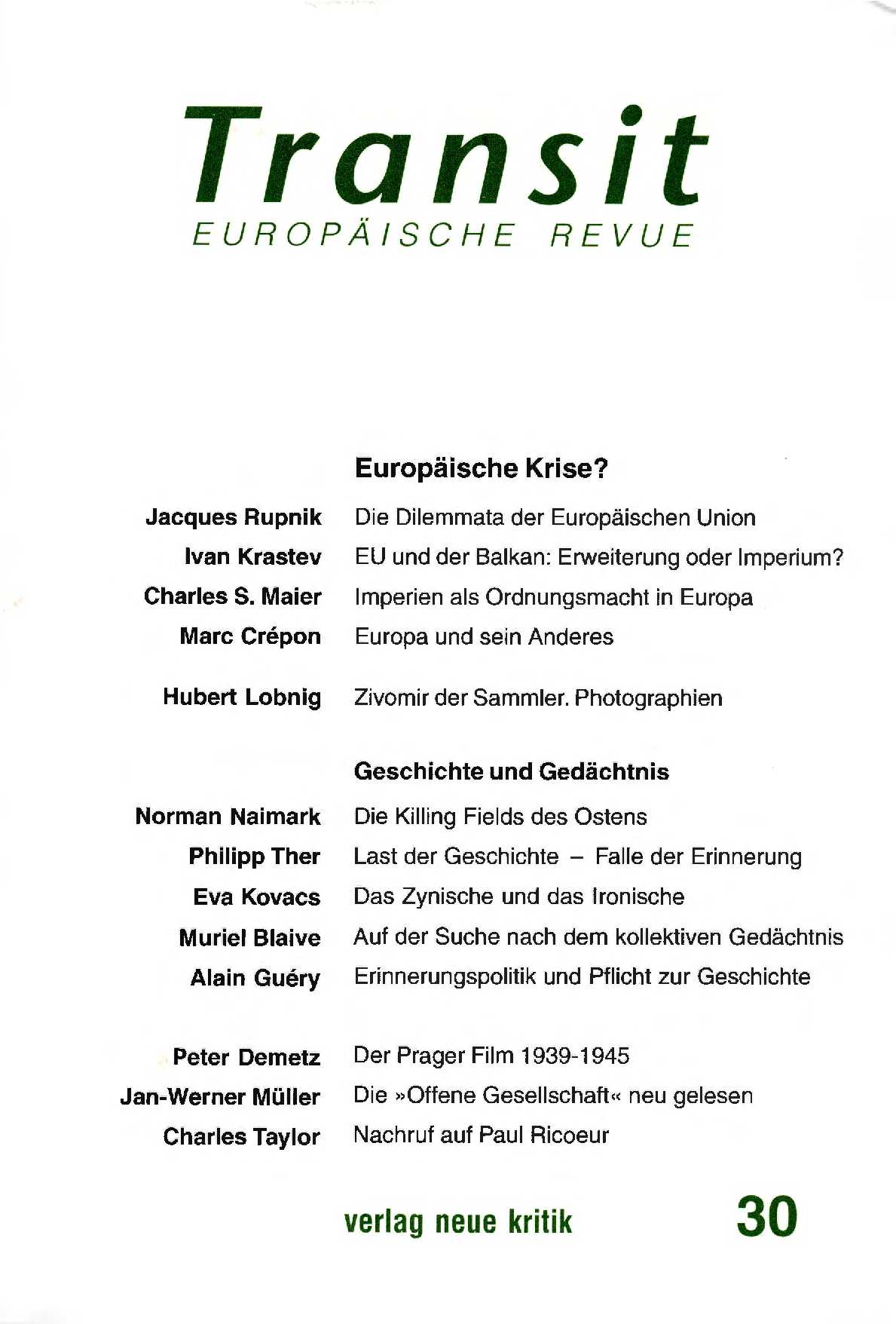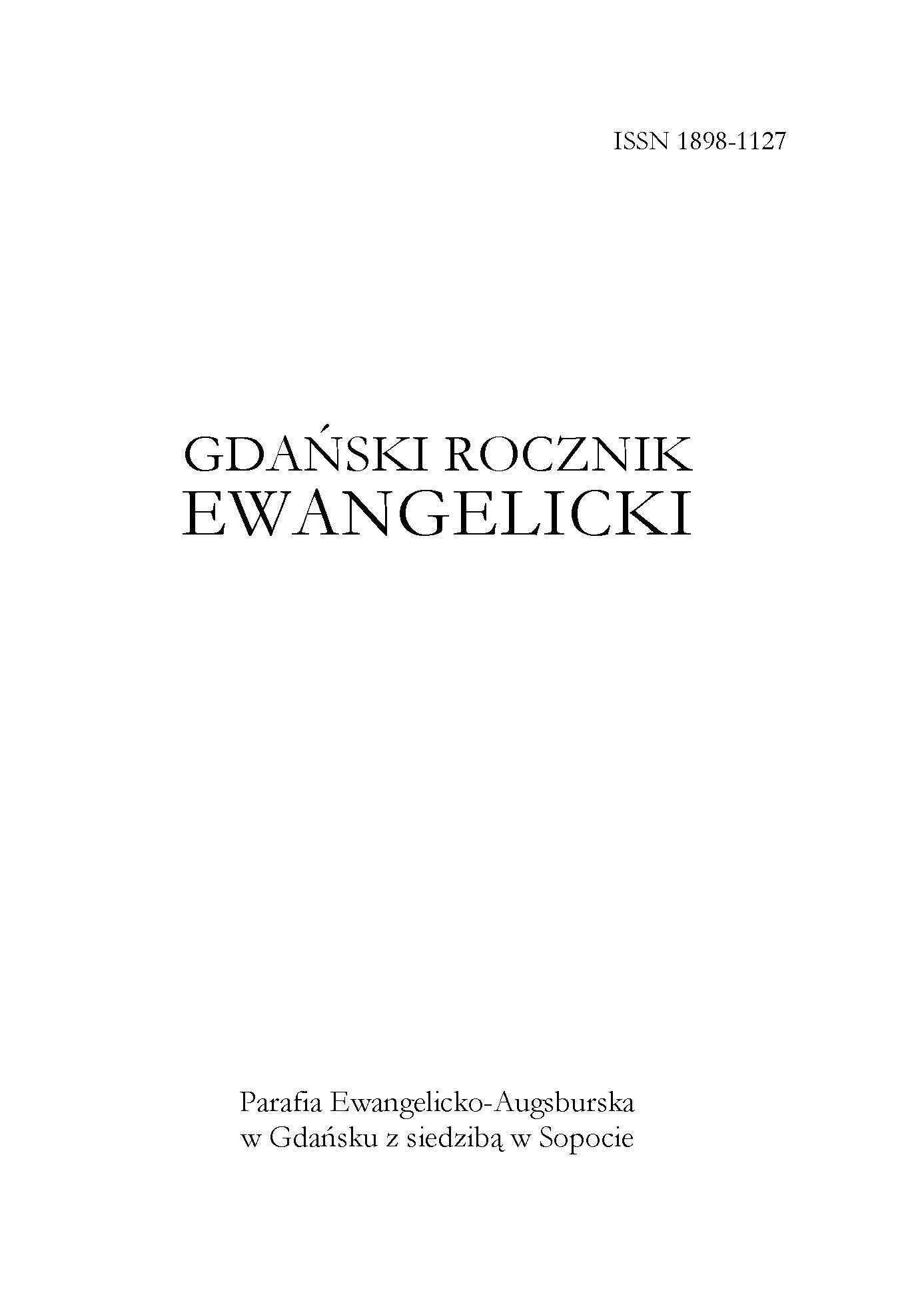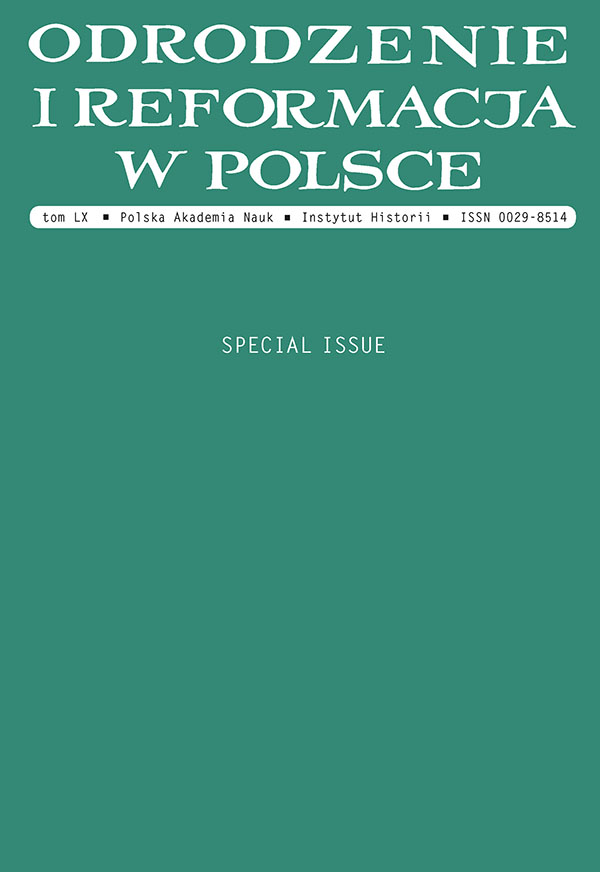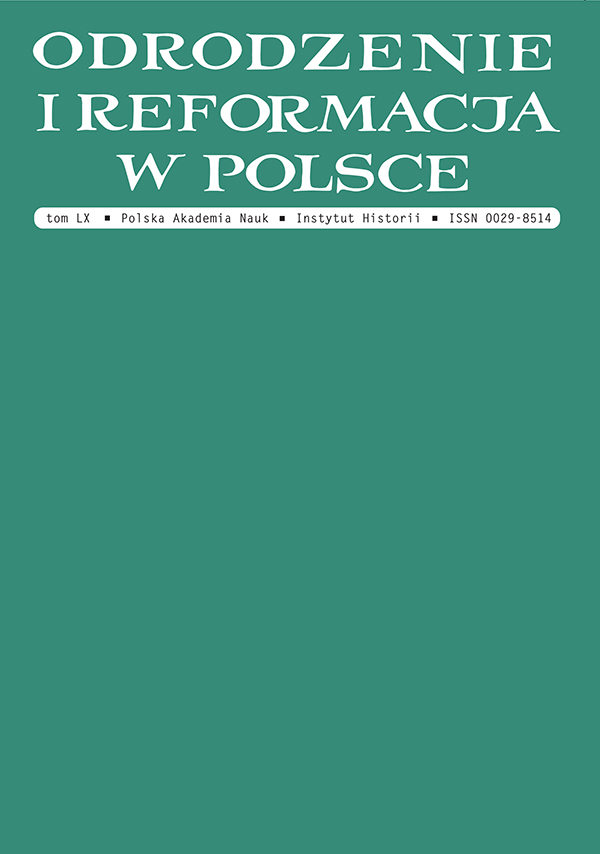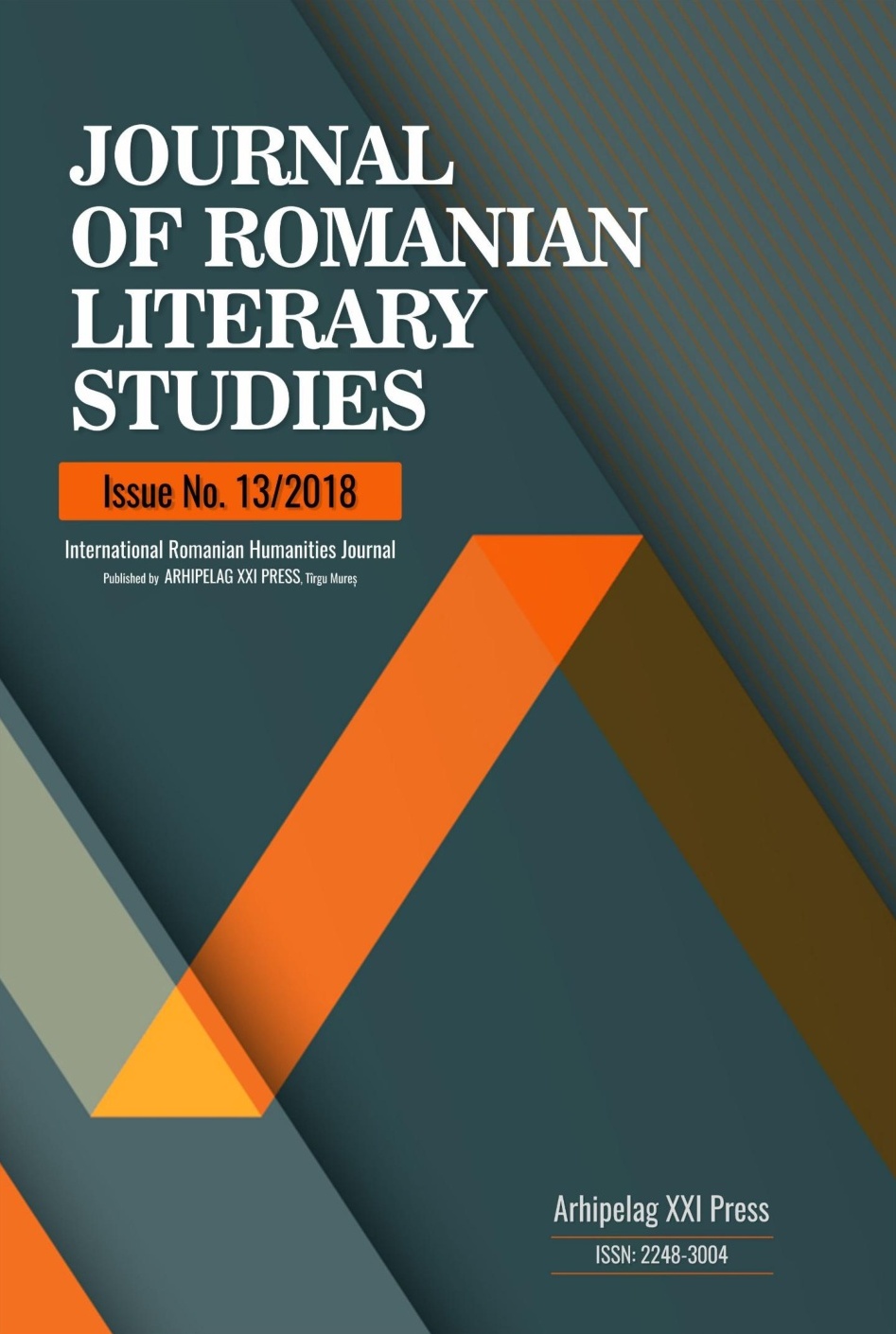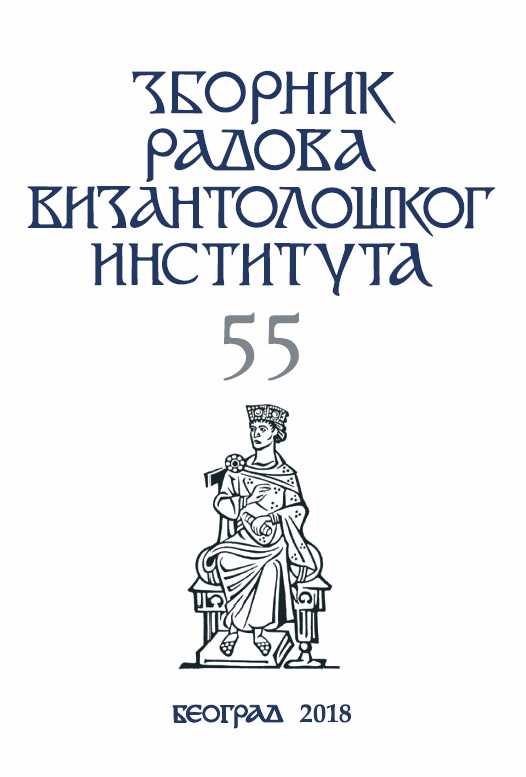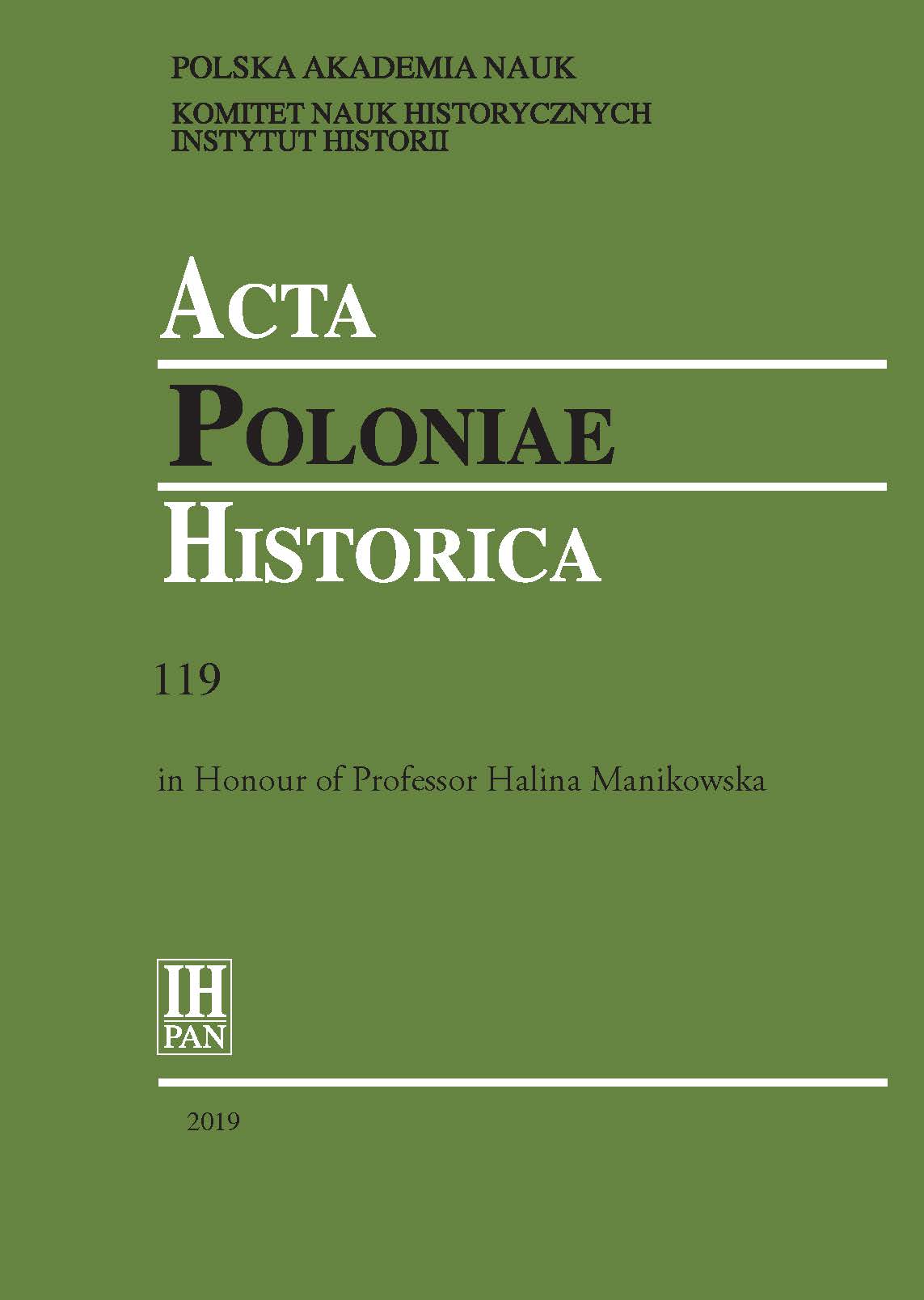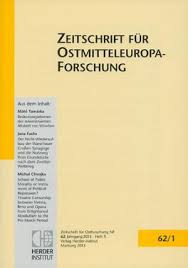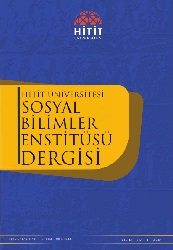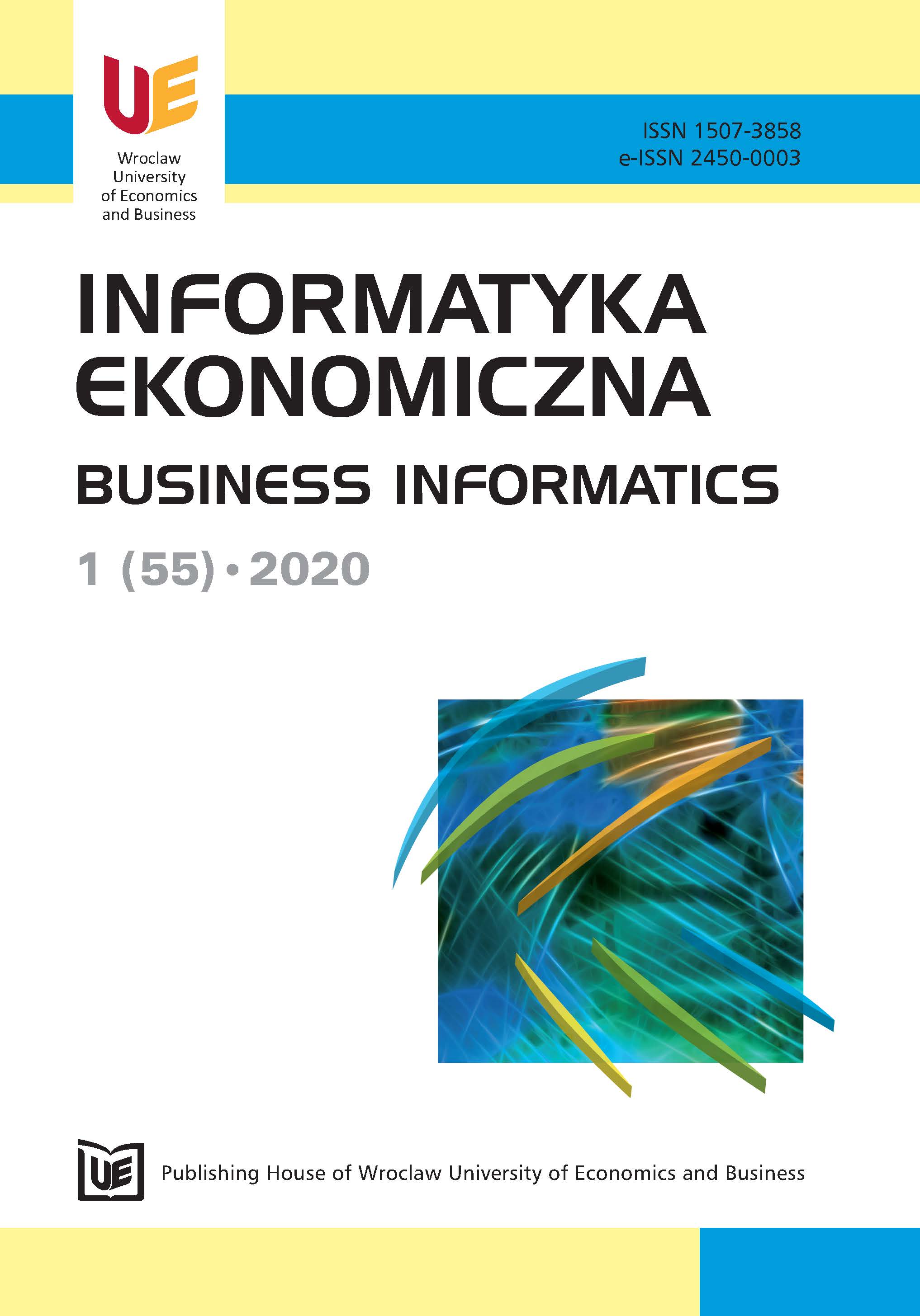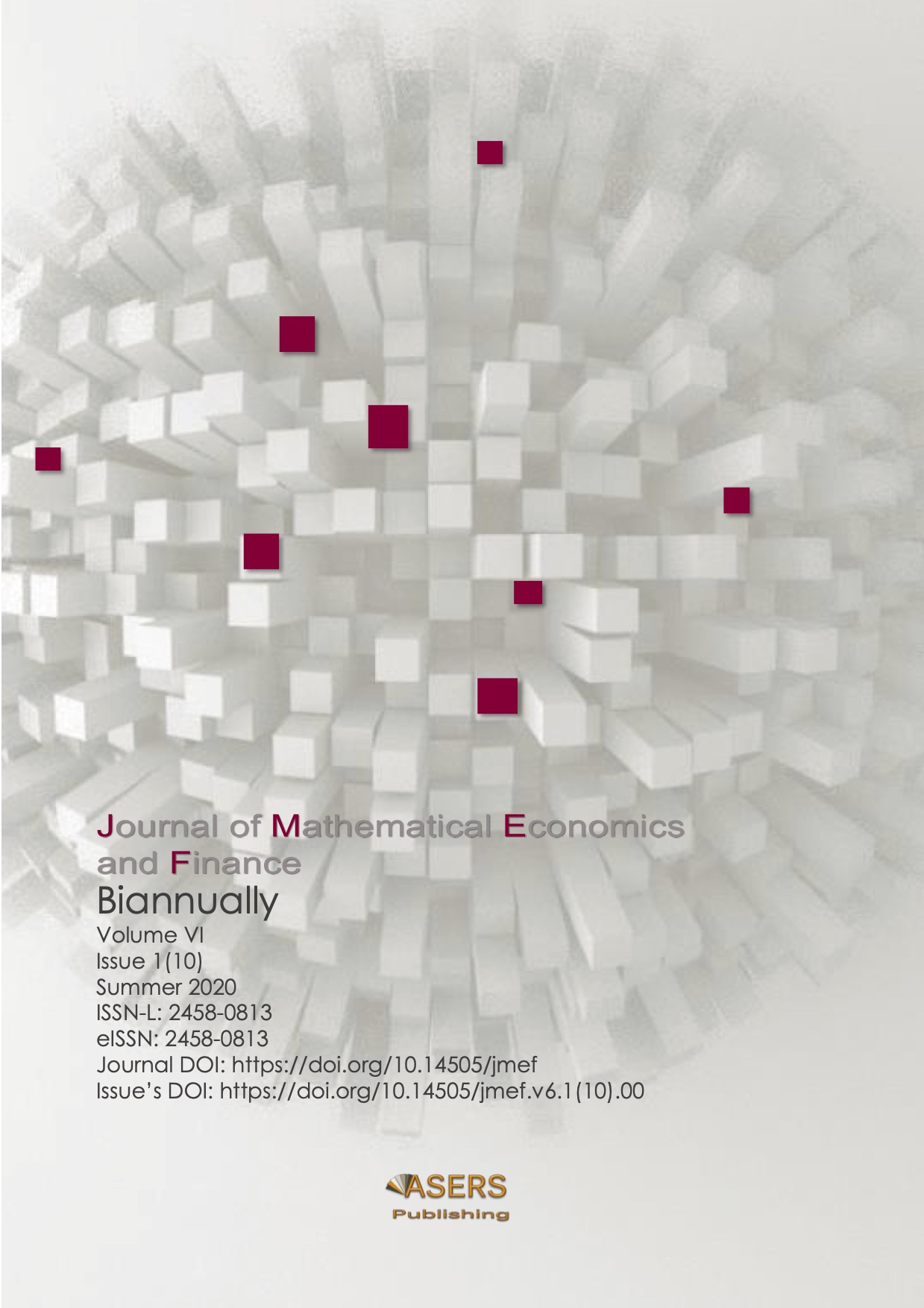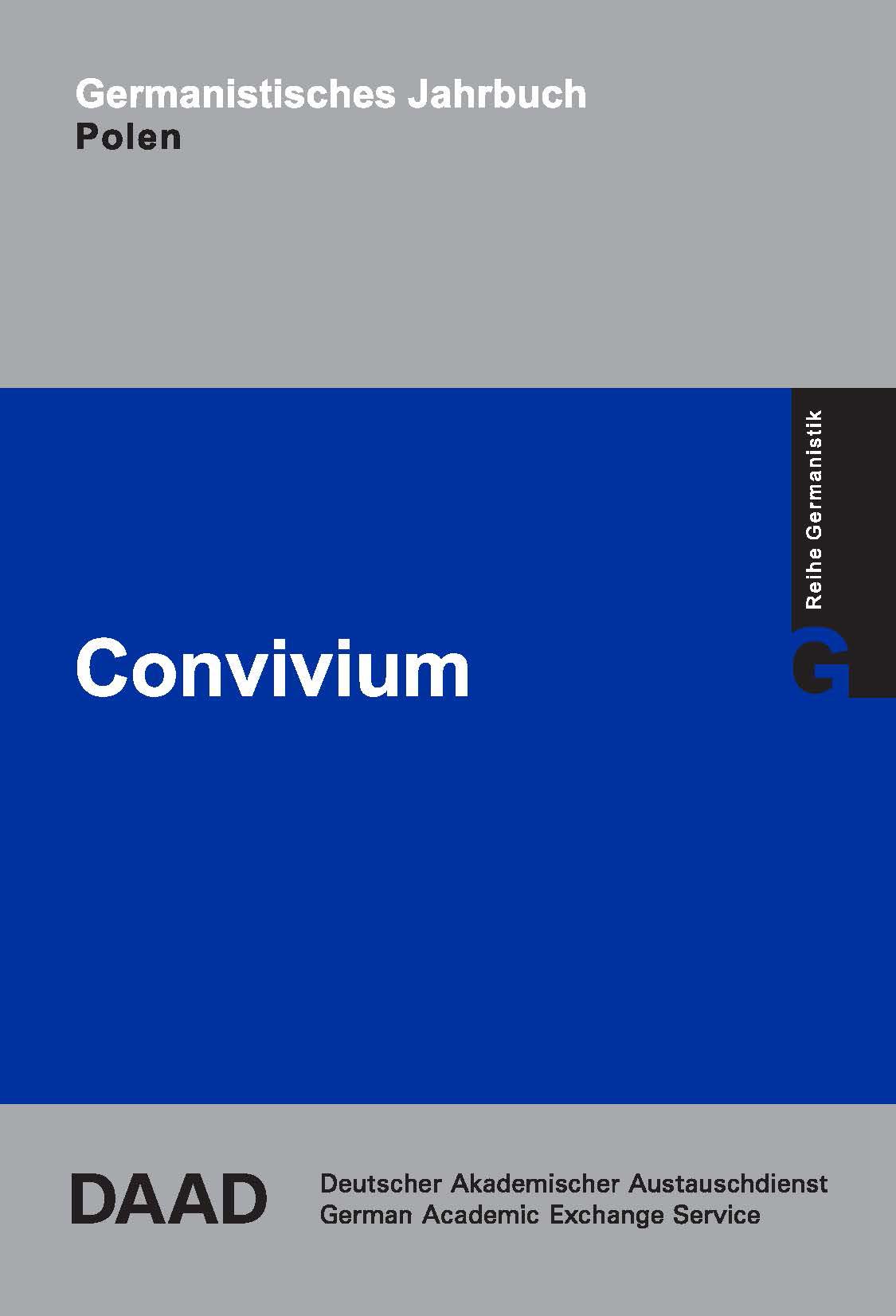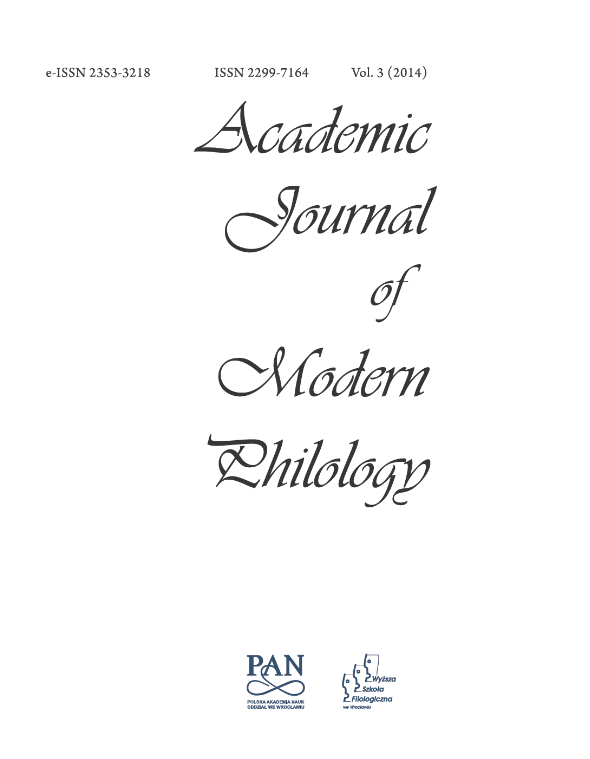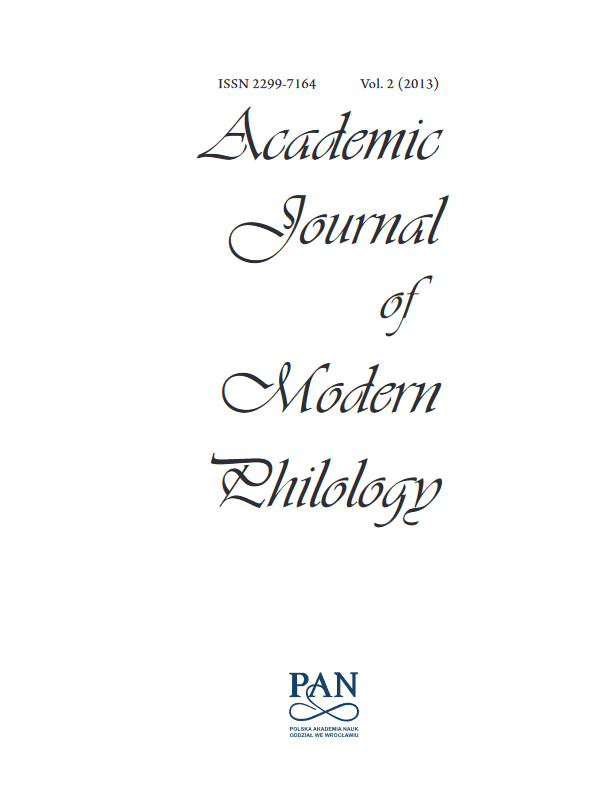Moment of shimmering light
A pillanat ragyogó fénye
Az efféle pillanatok a pillanatok rendbontói. Emlékezz rám, kiabálnak, rám muszáj emlékezned, és így ezek a zajos, az egész emberiséget egyesítő alkalmak árnyékba szorítják az élet azon pillanatait, melyek valóban megragadnak az ember emlékezetében. A valóban lényegeseket, azokat, melyeket az ember szeretne örökké megőrizni és valamiképpen elraktározni, szavak, fényképek vagy videofelvételek formájában, bármi eszközzel. De minden kísérlet hiábavaló a megőrzésre, a lényeg menthetetlenül kiszökik a kezünkből. Nincs semmiféle konkrét bizonyíték azokra a pillanatokra, melyek hajnaltájt az eszembe villannak, miközben hiába várok az álomra. Nincs keskenyfilm arról az éjszakáról, amikor alva járva apa és anya hálószobájában kötöttem ki. Liisa visszakísért az ágyamba, és egy ideig még ott virrasztott mellettem. Nincs fénykép az arckifejezésedről, mikor a hetedikes évzáród napján a gyorsétterem sarokasztalánál ültél, előtted a bizonyítvánnyal és a jutalommal, de valahogy mégis ez az az arckifejezés, amely ébren tart engem hajnaltájt, ahogy szétvetett tagokkal fekszem az izzadságtól nyirkos ágynemű között, álomért könyörögve. Te magad nem emlékszel rá. Még csak nem is emlékezhetsz, hiszen a te arckifejezésed volt, te sohasem láttad. Én viszont igen, hiszen veled szemben ültem. Azok az emberek, akik életük során számtalan alkalommal találkoznak, a családtagok és talán a legközelebbi barátok, oly módon rögzülnek egymás emlékeiben, melynek ők maguk nincsenek tudatában, és melyet megjósolni sem tudnak.
More...


